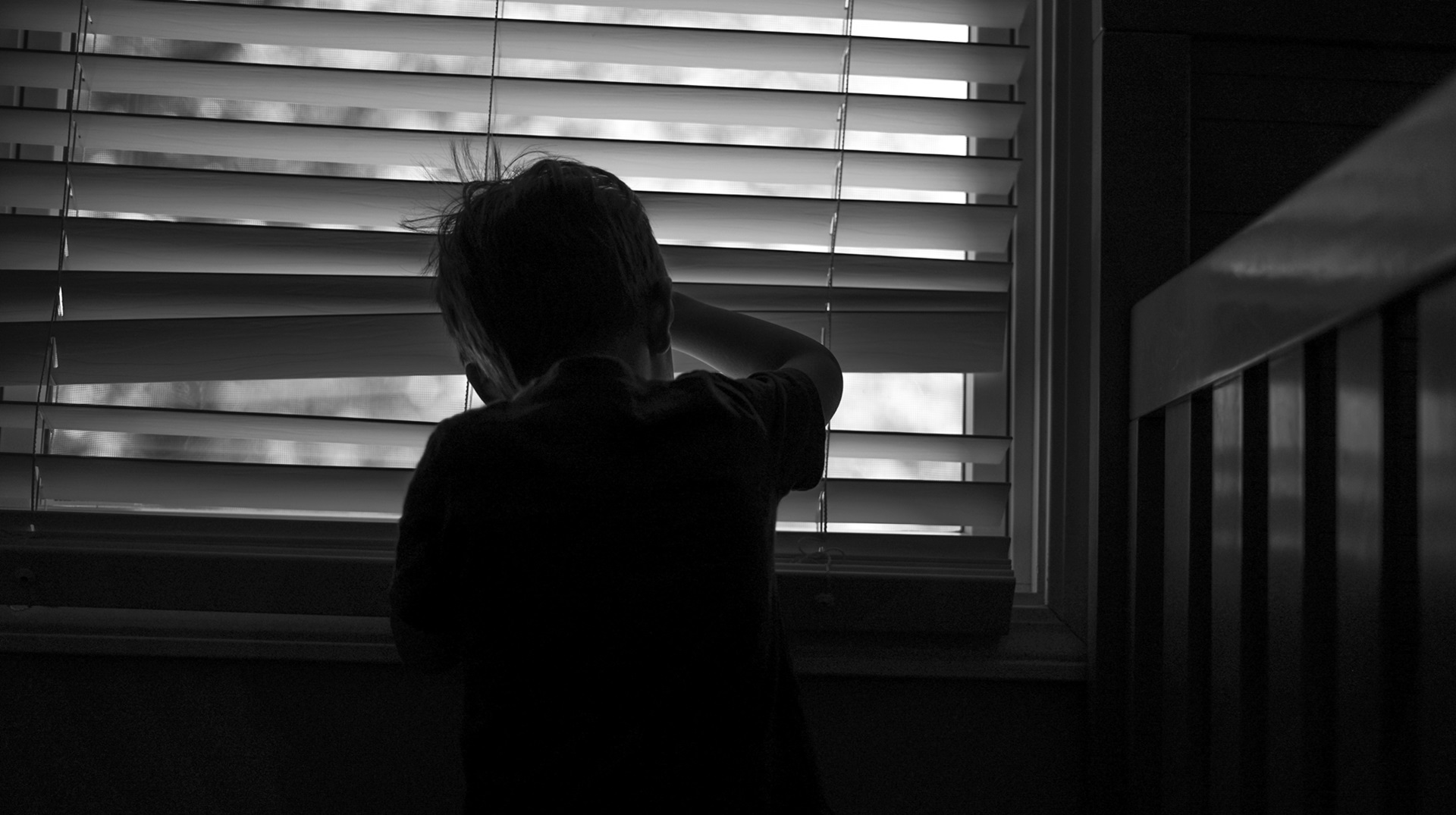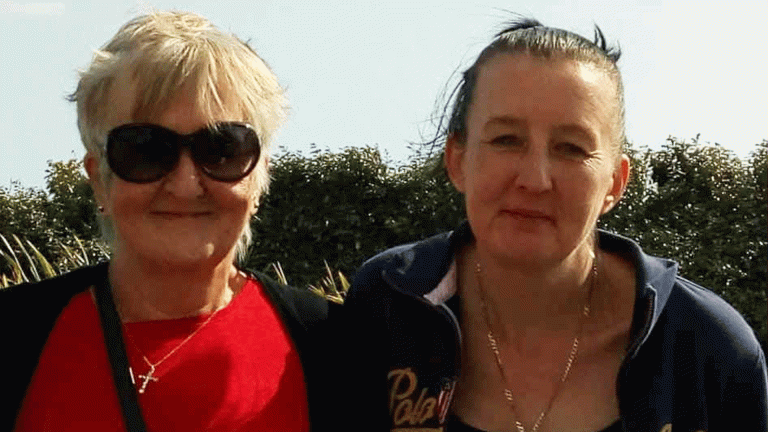“I want a Britain that doesn’t believe it is acceptable to have 138,000 children in temporary accommodation. We must get Britain building houses, hope, and dreams,” he said.
More than 100 councils in the District Councils’ Network have sounded warnings in recent weeks that councils are being “overwhelmed” by the cost and demand for temporary accommodation.
The government statistics show 14,090 households were living in unsuitable bed and breakfast accommodation, up 37.6% in a year.
The issue is even more pressing for households with children. The 4,480 families living in B&Bs is up 93% in a year and 2,510 of these households have been living there beyond the statutory limit of six weeks.
The shocking government figures were published alongside data that showed just 9,500 social homes were built in the last 12 months.
Matt Downie, Crisis chief executive, said the failure to build enough affordable homes is a “disgrace” and that the impact on families is there for all to see.
Advertising helps fund Big Issue’s mission to end poverty
“It’s a disgrace that only 9,500 social homes have been built in the last 12 months when today’s figures show that, once again, we have a record number of households trapped in temporary accommodation,” said Downie.
“What more evidence does the Westminster government need before they take action? A few thousand affordable homes is simply not enough. We need a major programme of social house building – with at least 90,000 built a year – if we are to address the growing inequality across this country and tackle homelessness for good.”
Overall, 76,760 households approached their local council for support with homelessness between April and June, up 4% on the same period in 2022.
Private renters are particularly at risk. The end of a private rented tenancy was the most common reason for councils to help households avoid homelessness. The 14,470 households who needed support after their landlord opted to sell or re-let the property or due to rent arrears is a 7% increase on the previous year.
The number of households threatened with homelessness following a Section 21 notice rose 10% when compared to the same quarter last year. A total of 6,640 households needed support after receiving a no-fault eviction notice between April and June.
We’re calling on the Prime Minister to make sure everyone can afford to stay in their homes and pay for the essentials. Will you join us and sign the petition?
Advertising helps fund Big Issue’s mission to end poverty
The Big Issue has been campaigning for the government to protect renters from homelessness through the End Housing Insecurity Now campaign.
The government listened to our calls for local housing allowance rates to be raised at the Autumn Statement.
But there is still no date for when no-fault evictions will be axed through the Renters Reform Bill. It’s now more than four and a half years since the government promised to scrap them.
This week, ministers voted down a Labour amendment calling for no-fault evictions to be scrapped when the bill becomes law rather than waiting for court reforms. Ministers also turned down a bid to extend eviction notice periods from two to four months to prevent homelessness.
Tom Darling, campaign manager for the Renters’ Reform Coalition said: “The stark statistics we’re seeing today are yet another reminder of the urgency of abolishing Section 21 evictions – which are a key driver of homelessness, as well as a source of constant insecurity for millions of tenants.
Advertising helps fund Big Issue’s mission to end poverty
“It isn’t just private renters who are being bankrupted by our broken renting system – homelessness services in councils right across England are already stretched to breaking point, and the cases recorded in this data will have added to the strain on overburdened and underfunded councils all across England.”
Anti-poverty charity the Joseph Rowntree Foundation also called for Section 21 evictions to be abolished without delay. Darren Baxter, principal policy adviser at JRF, said: “Tenants should also be protected from eviction for two years at the start of a tenancy. We must also build more social housing so that children aren’t left languishing in temporary accommodation while they wait for a suitable home.”
A government spokesperson told the Big Issue it is spending £2bn over three years to tackle homelessness, including £150m in funding announced this week to build or buy 1,200 homes for rough sleepers.
The spokesperson added: “Our landmark Renters Reform Bill will also give tenants greater security in their home, and last week we increased the local housing allowance so 1.6m low-income households will be around £800 a year better off on average next year.”
Do you have a story to tell or opinions to share about this? We want to hear from you. Get in touch and tell us more.









